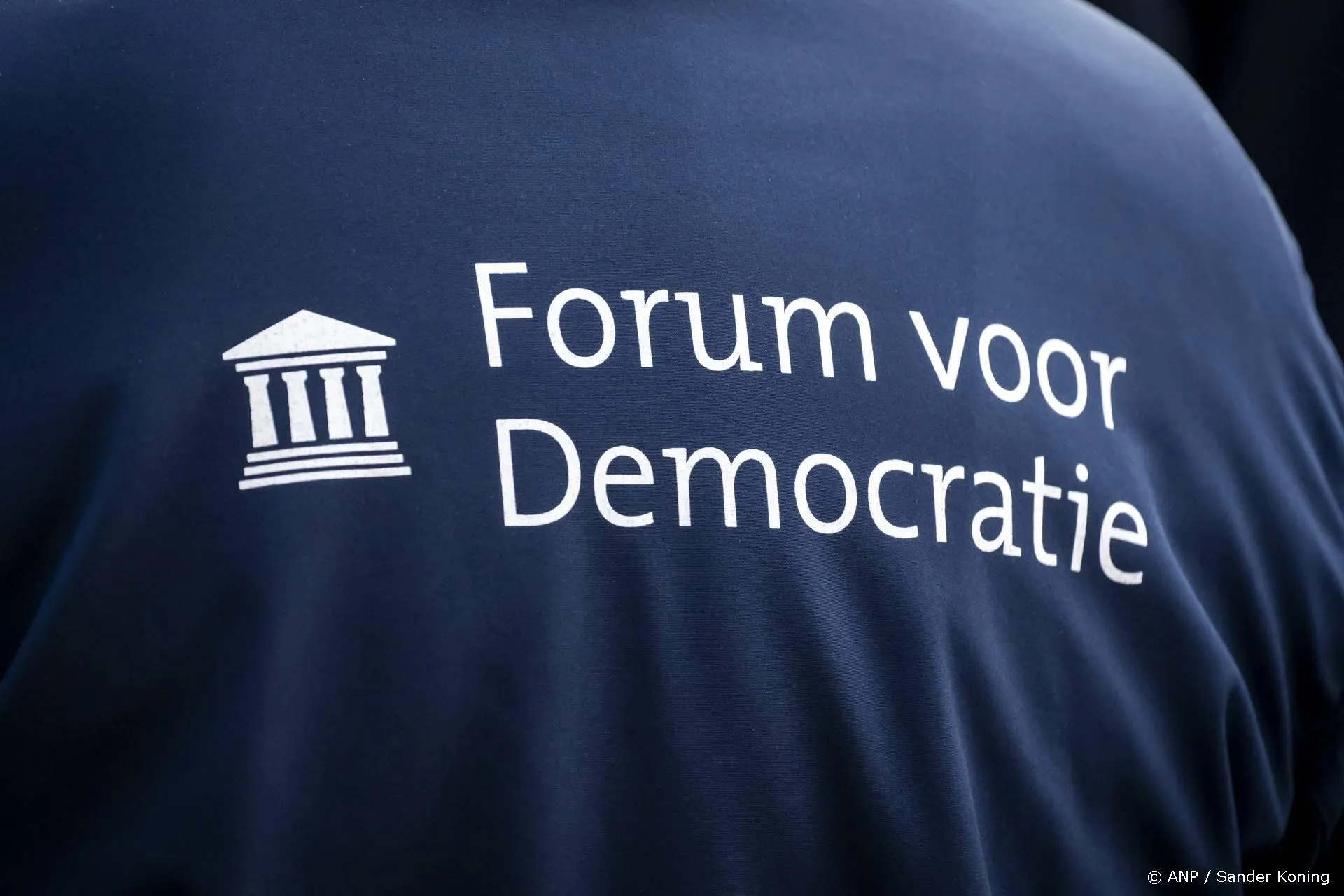Eurofielen hebben een nieuwe reden om euroscepsis te negeren: 'In de jaren 80 was men ook anti-EU, dus ach!'
Véron has very kindly updated his analysis using the latest election projections. Below is the trajectory of the European Parliament vote from the first elections in 1979 to today. What is clear is that the recent anti-European swell is, in some sense, only a return to the norm — or at least to levels the EU has previously managed to handle and indeed beat back. While the vote share for the two biggest parties — the centre-right EPP and the social democratic S&D — is heading for an all-time low, the overall “European mainstream” (which includes the liberals and the greens, both ardent pro-Europeans) is stronger than in 1979. The anti-system forces, conversely, are electorally no stronger (actually a little less) than 40 years ago.
But it also shows that during the good economic times of the 1990s and the early 2000s, the anti-European wave ebbed and support for the European project returned. What has been achieved before can surely be achieved again — if we draw lessons not just from the mistakes of the past, but from the successes too.
Lees ook
Loading



